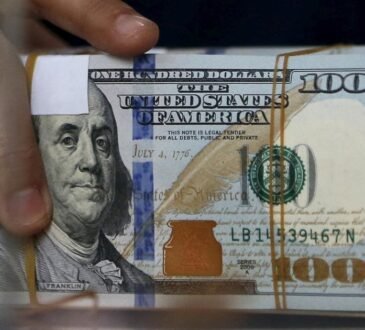Crude oil prices climbed about one per cent on Wednesday, July 17, on a bigger-than-expected weekly drop in US crude stockpiles. A weaker US dollar against other currencies overshadowed signs of lower economic growth in China.
Brent futures rose 96 cents, or 1.2 per cent, to $84.69 per barrel, while US West Texas Intermediate (WTI) crude rose $1.36, or 1.7 per cent, to $82.12. Coming to domestic prices, crude oil futures last traded 1.95 per cent higher at ₹6,911 per barrel on the muti-commodity exchange (MCX). On Tuesday, Brent closed at its lowest since June 14, and WTI at its lowest since June 21.
What’s driving crude oil prices?
-The premium of Brent over WTI narrowed to around $3.82 a barrel, its lowest since October. That narrowing spread means energy firms have less reason to spend money to send ships to the U.S. to pick up crude for export.
-In the US, the Energy Information Administration (EIA) said energy firms pulled 4.9 million barrels of crude from storage during the week ended July 12. That compares with a drop of 4.4 million barrels in a report from the American Petroleum Institute (API) trade group.
Also Read: IMF hikes India’s FY25 GDP estimate by 20 bps to 7%; US forecast slashed amid tepid global outlook
-In US refining news, the diesel and 321 crack spreads, which measure refining profit margins, fell to their lowest levels since December 2021 and January 2024, respectively. A weaker US dollar also helped support oil prices after it fell to a 17-week low against a basket of other major currencies.
A weaker dollar can boost demand for oil by making greenback-denominated commodities like oil cheaper for holders of other currencies. Rising geopolitical risk tensions in the Middle East and Europe, which could continue to fuel risks, also supported crude prices.
-A Liberia-flagged oil tanker was assessing damage and investigating a potential oil spill after it was attacked in the Red Sea by Iran-aligned Houthis in Yemen. China, the world’s top oil importer, saw its economy grow 4.7 per cent in the second quarter, the slowest growth since the first quarter of 2023, capping crude price gains.
Also Read: IEA cuts 2025 oil demand forecast, lifts supply view




